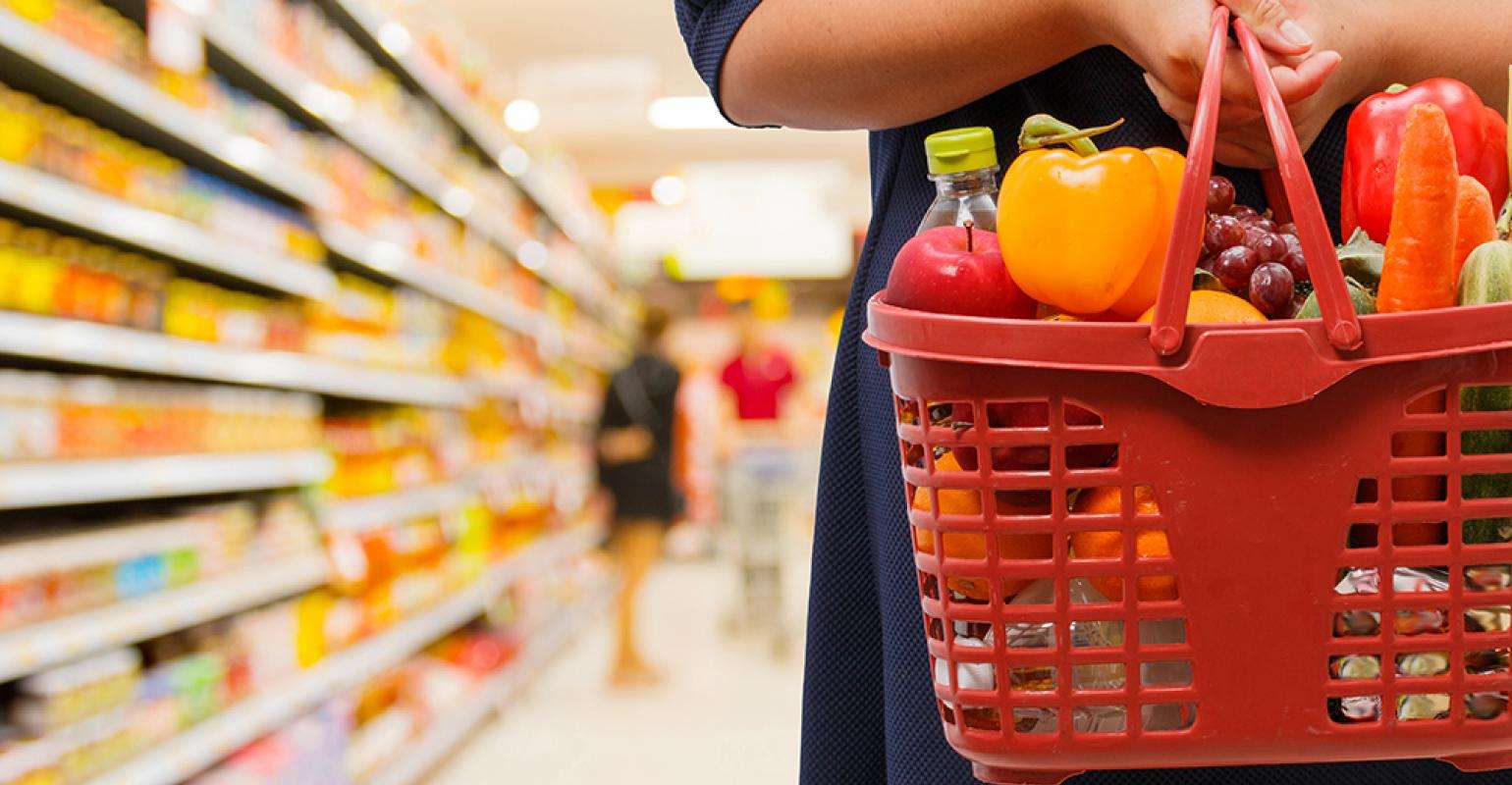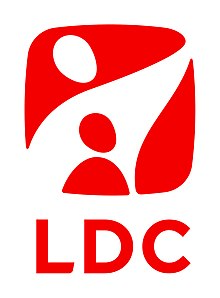Economic Pressures Impact Consumer Choices
Nestlé, the world’s leading food company, experienced a shortfall in its expected annual sales for 2023. The company, known for products like KitKat, reported a 7.2% increase in organic sales, which was below the anticipated 7.4%. This underperformance has been attributed to the significant impact of inflation on consumer budgets, leading to a shift towards more affordable brands and private label products. Despite an aggressive pricing strategy to counter rising costs, the company faced a reduction in demand, impacting its overall sales performance.
Financial Performance and Market Response
The Swiss conglomerate announced a dip in total reported sales by 1.5% to SFr93 billion ($106 billion), although net profit saw an increase of 20.9% to $12.8 billion. However, this financial update did not sit well with investors, as Nestlé’s shares dropped by more than 4% following the announcement. The company’s CEO, Mark Schneider, emphasized the historic inflation spike’s role in shaping consumer behavior, marking it as a significant event in the food sector.
Strategic Adjustments and Future Projections
In response to the changing market dynamics, Schneider highlighted Nestlé’s strategic shift towards driving growth through volume and product mix, moving away from reliance on price increases. For 2024, the company sets a conservative organic sales growth target of around 4%, below the analyst expectations of 4.9%. Nestlé also plans to focus on enhancing brand loyalty and consumer value through innovation and premium offerings, despite facing challenges such as IT integration issues in its health science division.
Comparative Performance and Sector Trends
Nestlé’s results contrast with its competitor Danone, which reported positive volume growth in the last quarter of the year. The broader consumer goods sector has been grappling with similar issues, with companies striving to maintain sales momentum amidst rising prices. Specifically, Nestlé noted a 2.4% drop in volumes in Europe, despite a 10.6% increase in prices, reflecting the broader industry’s reliance on pricing strategies to sustain revenues.
Commitment to Sustainability and Long-term Goals
Amid financial and operational challenges, Nestlé remains committed to its sustainability goals, aiming for net-zero emissions by achieving a significant reduction in greenhouse gas emissions by 2025. The company is also focusing on renewable energy usage and sustainable sourcing practices, demonstrating a balance between corporate responsibility and strategic business growth.
Conclusion: Navigating Challenges with Strategic Focus
As Nestlé navigates through inflationary pressures and changing consumer preferences, its focus remains on volume-driven growth and strategic investments in key brand segments. While facing headwinds, the company’s commitment to sustainability and long-term strategic objectives reflects its adaptive approach in a challenging global market.



